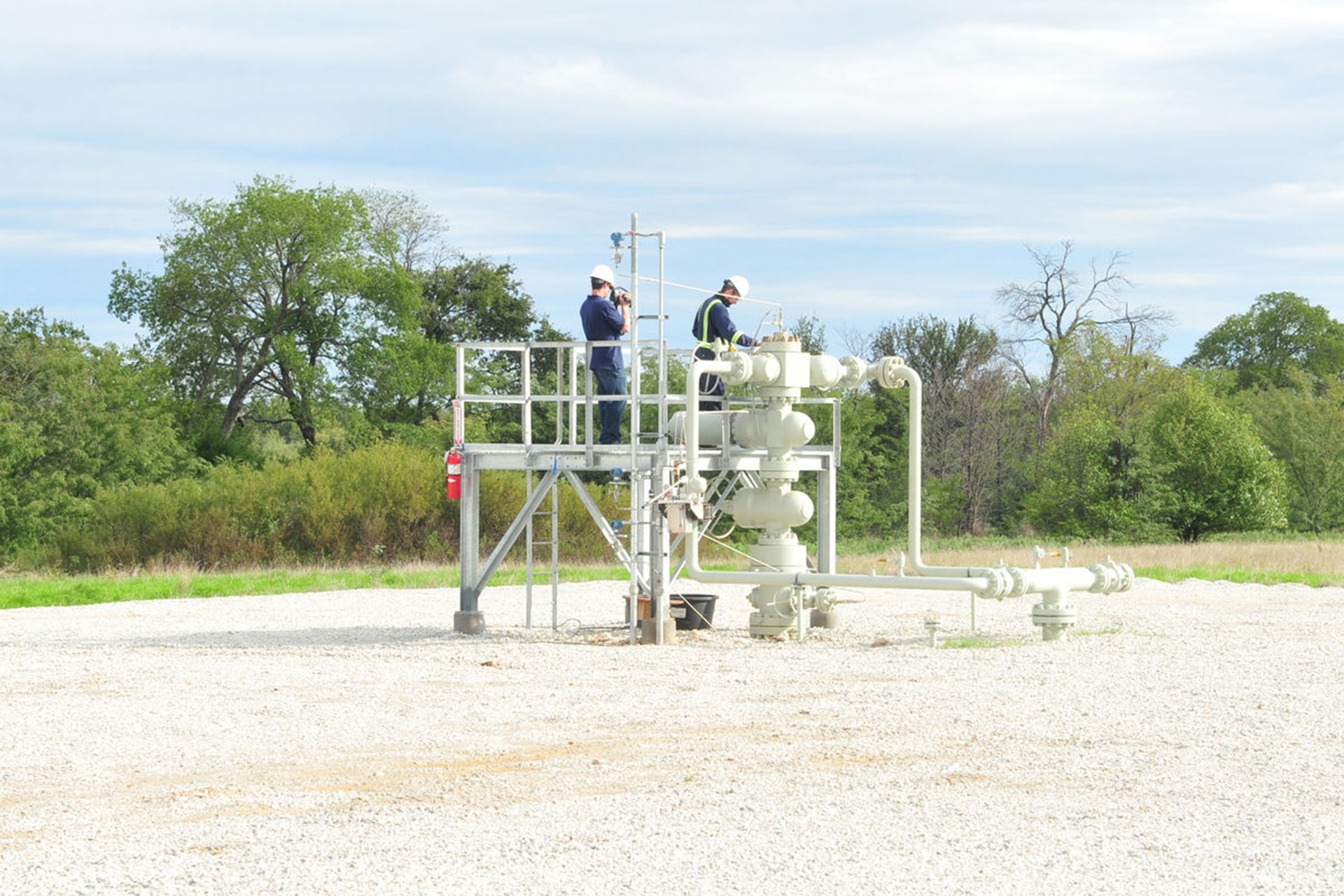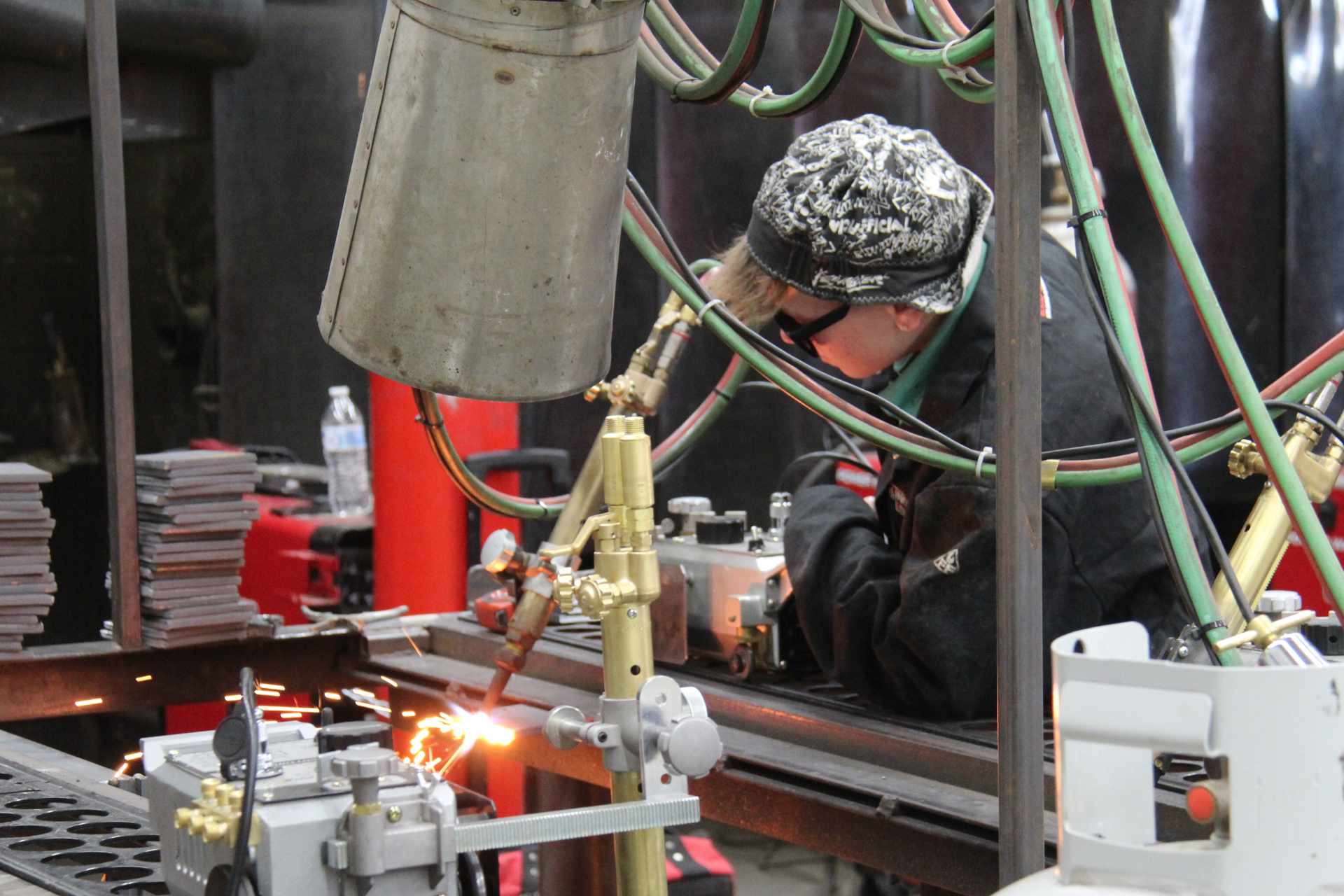With the target of reducing greenhouse gas emissions from natural gas production sites, engineers at West Virginia University are developing new technology that will not only harness the gas but improve gas consumption.
Thanks to a $1.5 million grant from the United States Department of Energy, Derek Johnson, associate professor of mechanical and aerospace engineering at the Benjamin M. Statler College of Engineering and Mineral Resources, will be leading a three-year project as principal investigator alongside Nigel Clark, George B. Berry chair emeritus of engineering and research professor, and Andrew Nix, associate professor of mechanical and aerospace engineering.
According to Johnson, natural gas production in the U.S. is over 33 trillion cubic feet per year and recent studies have estimated that up to 2.3 percent of produced gas is lost to the atmosphere across the supply chain.
“Harnessing even a fraction of this lost gas represents a substantial reduction in greenhouse gas emissions, offers economic benefit and improves overall system efficiency,” Johnson said.
The goal of this research project is to develop and demonstrate an economical methane mitigator system, which aims to reduce methane and other emissions across the natural gas supply chain while improving fuel consumption for prime-mover engines.
“This project is important because the technology will reduce fugitive methane emissions from natural gas well sites,” Johnson said. “This decreases environmental impact and ensures that well sites remain compliant with emerging emissions restrictions.”
The researchers will be collaborating with Caterpillar Inc. and Southwestern Energy to complete the project.
“We are excited that this new project will enable us to build on our industry collaborations and to develop a reliable technology that will help industry decrease methane emissions,” Johnson said.
David Montgomery, manager of natural gas and alternative fuels at Caterpillar Inc., reflected on the project collaboration made possible by the hard work of the researchers and opportunities of the grant.
“Caterpillar is proud to be part of this opportunity to help reduce GHG emissions from natural gas infrastructure,” Montgomery said. “We are excited to initiate a relationship with WVU researchers.”

















